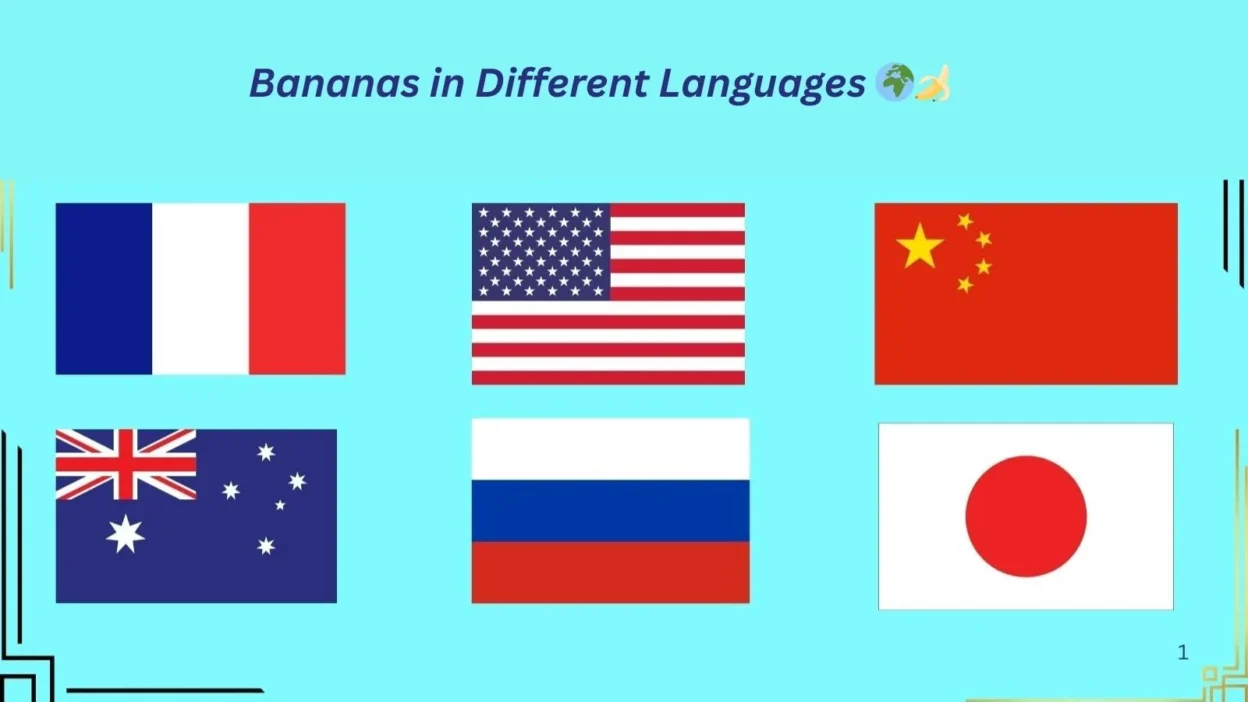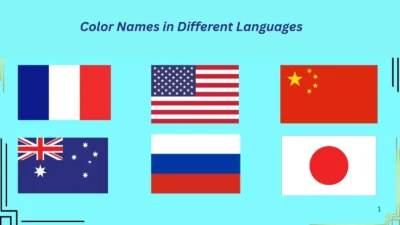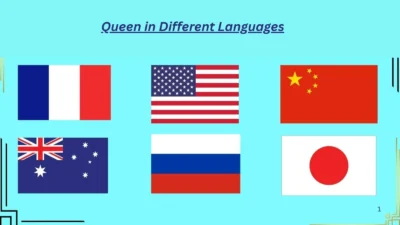When someone searches for “bananas in different languages”, their intention is usually simple: they want to know how this common fruit is called across the world.
It might be for travel, language learning, curiosity, or even for cultural exchange. Imagine being in a market abroad and wanting to buy bananas—you’ll need to know the local word.
This blog will solve that problem by giving you the translations of “bananas” in many languages, explaining their meaning, and showing you how to use them in conversations. By the end, you’ll not only know the word but also feel confident using it.
What Does “Bananas” Mean? 🍌
Bananas are one of the most popular fruits worldwide, known for their sweet taste, yellow peel, and nutritional value. The word “banana” itself is believed to have African origins, and through trade and travel,
it spread to many parts of the world. Interestingly, while many countries use a word similar to “banana,” some regions have unique terms.
Bananas in Different Languages 🌐
Here’s how you say banana in different languages:
- Spanish: plátano / banana
- French: banane
- German: Banane
- Italian: banana
- Portuguese: banana
- Russian: банан (banan)
- Chinese (Mandarin): 香蕉 (xiāng jiāo)
- Japanese: バナナ (banana)
- Korean: 바나나 (banana)
- Hindi: केला (kela)
- Arabic: موز (mawz)
- Turkish: muz
- Greek: μπανάνα (banána)
- Swahili: ndizi
- Dutch: banaan
How to Use “Banana” in Daily Conversations 🗣️
Here are a few examples of how you can use these translations when speaking with locals:
- In Spanish: “Quiero un plátano, por favor.” (I want a banana, please.)
- In French: “J’aime manger une banane le matin.” (I like eating a banana in the morning.)
- In Chinese: “我想买香蕉。” (Wǒ xiǎng mǎi xiāngjiāo. – I want to buy bananas.)
- In Arabic: “أحب الموز.” (Uḥibbu al-mawz. – I love bananas.)
By practicing these simple sentences, you’ll make your conversations smoother and more natural.
Conclusion 🍌✨
Learning how to say bananas in different languages not only helps you in practical situations like shopping or traveling, but it also connects you with people from different cultures. A simple fruit like a banana shows us how languages, though different, can share something in common. Next time you travel, try asking for bananas in the local language—you’ll be surprised at how quickly it brings a smile to someone’s face.



